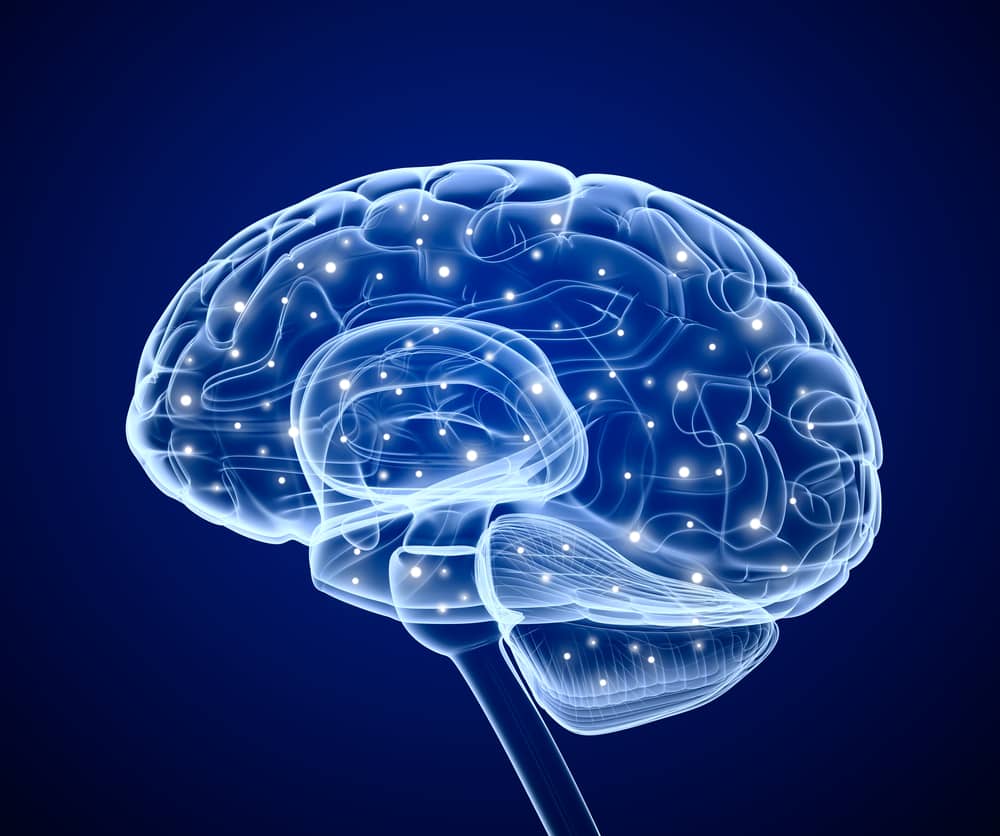A proof-of-concept study of brain stimulation among patients with epilepsy may have revealed a revolutionary way to treat people with severe depression, anxiety, addiction and other mental disorders. People experiencing these mental disorders often have a diminished ability to shift from one thought pattern or behavior to another, a process known as cognitive control.
Alik Widge, MD, PhD and colleagues at the Massachusetts General Hospital in Boston were looking to determine where seizures start using a procedure that stimulated a patient’s brain with small bursts of electrical energy. In the course of this study, hundreds of electrodes were surgically placed in the brains of 12 patients with epilepsy to monitor and record brain activity and determine where seizures originate – but the findings revealed how brain stimulation can help patients achieve cognitive control.

“An example might include a person with depression who just can’t get out of a ‘stuck’ negative thought,” suggested Widge, senior author of the research report recently published in Nature Biomedical Engineering. A means to improve agility in thought patterns could be transformative for mental health patients, particularly those with treatment-resistant disorders.
This study is the first to demonstrate the following points:
- A specific human mental function linked to mental illness can be reliably enhanced using precisely targeted electrical stimulation. Reports from patients in the study indicate that the technology may hold promise for people experiencing mental illnesses associated with cognitive control. Several of the study participants had a history of significant anxiety in addition to epilepsy. During treatment, those patients felt less anxious and attributed the improvement to the simple fact that they were able to “stop thinking” about whatever was contributing to their anxiety and start thinking about something else.
- There are specific sub-parts of the internal capsule brain structure that are particularly effective for cognitive enhancement. These areas are responsible for cognitive control and, according to tests administered during the study, targeted electrical stimulation of those specific areas improved patients’ ability to shift thought patterns.
- A closed-loop algorithm used as a controller was twice as effective as random stimulation. The sensors used in the study were able read brain activity, determine when a patient is having a lapse in cognitive control, and then apply a small burst of electrical stimulation to help patients get past that hurdle. When a patient’s performance during cognitive-control tests decreased, the stimulation was increased. These algorithms allowed researchers to evaluate and track patients’ cognitive control abilities after stimulation, and the tests showed a clear improvement over random stimulation.
The researchers are seeking approval to evaluate this approach to treating mental illness in clinical trials. “This could be a totally new approach in treating mental illness. Instead of trying to suppress symptoms, we could give patients a tool that lets them take control of their own minds,” Widge said. “We could put them back in the driver’s seat and let them feel a new sense of agency.”
Massachusetts General Hospital’s Darin Dougherty, MD, a collaborator and expert in clinical brain stimulation, reflected on the unmet need this therapeutic approach may address, saying, “We are now in a position to conduct clinical trials to further demonstrate effectiveness and then hopefully move to helping treatment-resistant patients who are in desperate need for additional interventions to treat their illnesses.”
Did you enjoy this blog post? Check out our other blog posts as well as related topics on our Webinar page
QPS is a GLP- and GCP-compliant contract research organization (CRO) delivering the highest grade of discovery, preclinical and clinical drug research development services. Since 1995, it has grown from a tiny bioanalysis shop to a full-service CRO with 1,100+ employees in the U.S., Europe and Asia. Today, QPS offers expanded pharmaceutical contract R&D services with special expertise in neuropharmacology, DMPK, toxicology, bioanalysis, translational medicine and clinical development. An award-winning leader focused on bioanalytics and clinical trials, QPS is known for proven quality standards, technical expertise, a flexible approach to research, client satisfaction and turnkey laboratories and facilities. Through continual enhancements in capacities and resources, QPS stands tall in its commitment to delivering superior quality, skilled performance and trusted service to its valued customers. For more information, visit www.qps.com or email info@qps.com.







